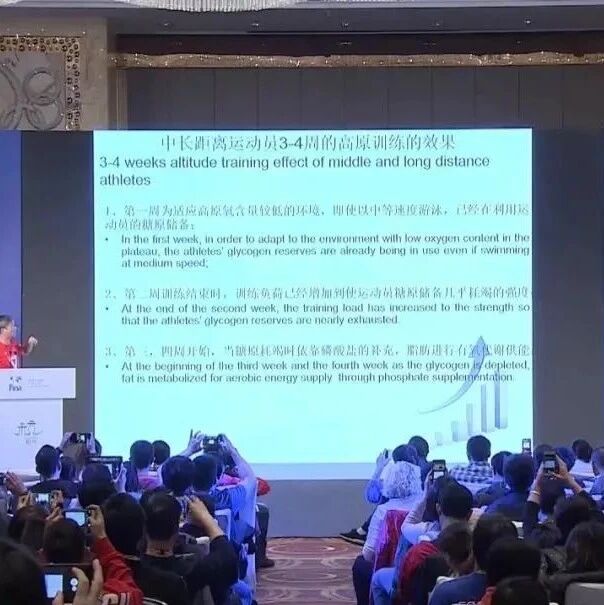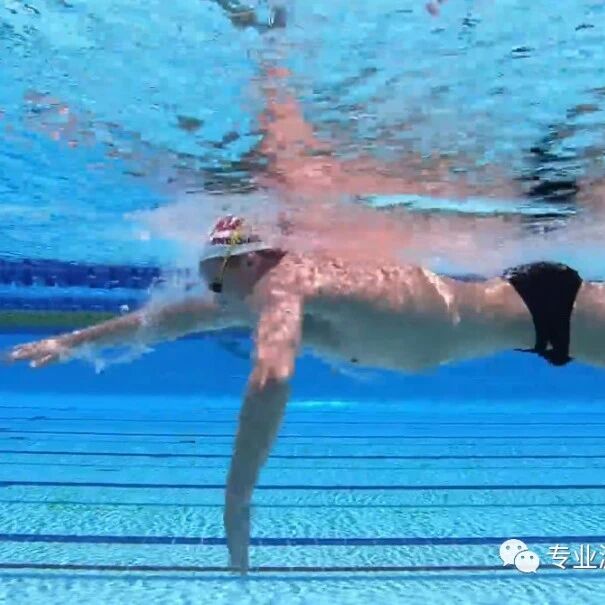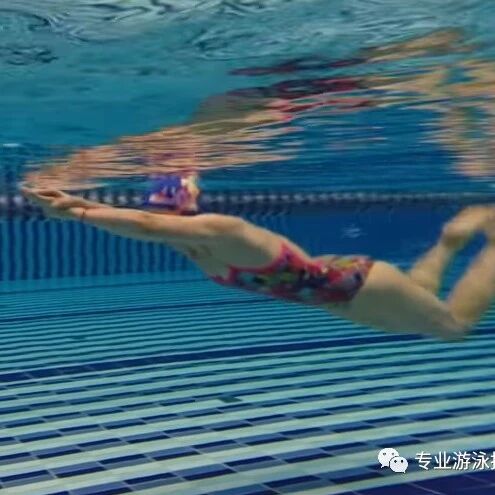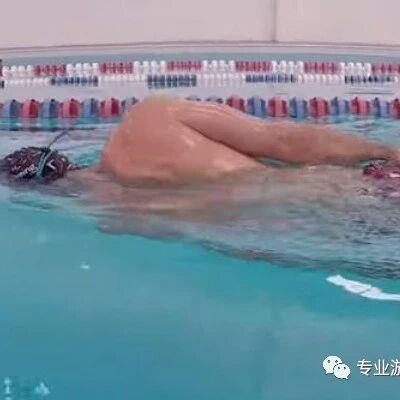The Road to Championship: Coach Zhu Zhigen's Remarks at the FINA Gold Medal Coaches Workshop

Coach Zhu Zhigen shared his insights at the FINA Gold Medal Coaches Workshop, delivering a speech titled "The Road to Championship." He emphasized the critical role of swimming technique, highlighting how the front crossover can enhance kicking performance. He also discussed how lactate testing serves as a key metric for assessing and fine-tuning training programs. Additionally, he offered valuable tips on leveraging optimal altitude training to improve lung capacity. Notably, his discussion on swimming techniques and philosophies was particularly beneficial for amateur enthusiasts. The entire presentation lasted 49 minutes.
1. The Importance of Freestyle Turns and Body Balance.
Coach Zhu emphasized the critical importance of swimming technique in improving performance, noting that maintaining a balanced body position in the water is even more effective than simply boosting motivation. He shared practical tips on how swimmers can achieve better and more sustained balance, highlighting the need to incorporate advanced core-strengthening exercises like the "front cross" movement and shoulder-lengthening stretches during training. Additionally, he advised practicing the six-beat kick more frequently to enhance kicking power.
Coach Zhu also underscored the significance of actively initiating body rotation in freestyle—particularly by engaging hip strength. This means using an intentional hip-driven motion to guide the body’s natural side-to-side movement, rather than relying on the passive process that occurs after the arm completes its recovery phase and begins pushing through the water. While both methods result in body rotation, the underlying mechanics—and the resulting power generation—are entirely different. Mastering this proactive approach to body rotation is a key freestyle technique that can significantly boost overall swimming efficiency and performance.
2. The importance of specialized land-based training.
The arm push-through phase is the primary stage where propulsion is generated. During this phase, key details of the arm recovery motion—including the angle between the upper and lower arms, as well as the angle between the arm and shoulder—are critical. Mastering these details hinges on developing arm strength, which can be effectively improved through land-based exercises using specialized resistance machines. Alternatively, recreational swimmers can also practice with resistance ropes. In short, land-based resistance training strengthens the muscles responsible for the arm’s pushing motion, while underwater drills focusing on the recovery and push-through help refine the technique for efficiently applying that strength.
3. The Importance of Vital Capacity
Lung capacity not only enhances the body’s ability to deliver and utilize oxygen, but also improves aerobic exercise endurance and stamina. Across the globe—including in traditionally strong swimming nations like the United States and Australia—high-altitude training is widely recognized as a valuable practice. Generally, it’s recommended to keep altitudes below 2,000 meters, ensuring that the intensity remains carefully controlled. Of course, this intensity isn’t arbitrarily set by coaches or determined simply by how tired a swimmer feels—it’s based on scientifically validated statistical data derived from precise measurements of lactic acid buildup.
One WeChat official account shares swimming tips, while another focuses on software insights, online resources, and reading experiences.
Thank you for your supportive and encouraging likes, but we’d love even more if you could leave comments to spark conversation—and of course, feel free to share and forward!


Related Articles

Master the details of the freestyle stroke and time your movements—understanding the benefits of the two-beat kick.

Three Main Reasons Why You Can't Get a Proper Butterfly Kick, Plus Pain-Free Beginner Tips for Butterfly Swimming
